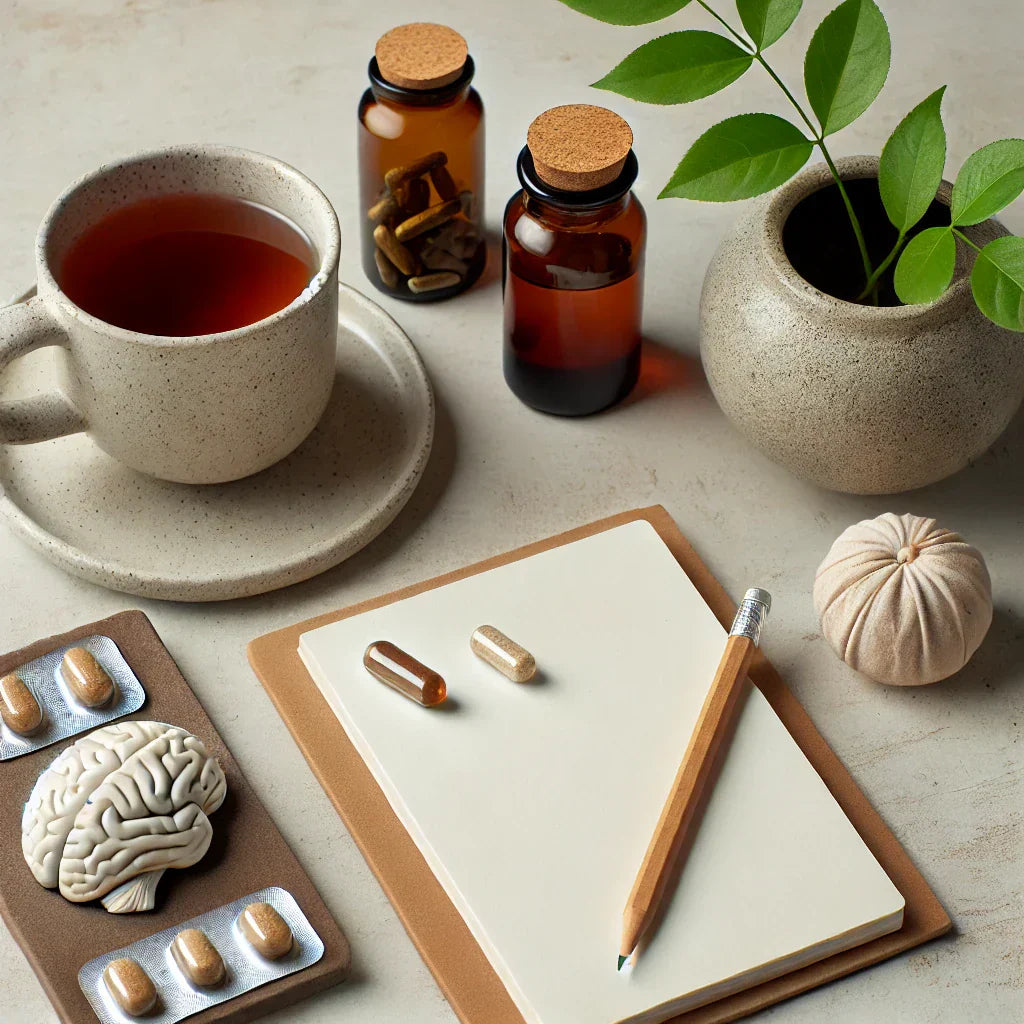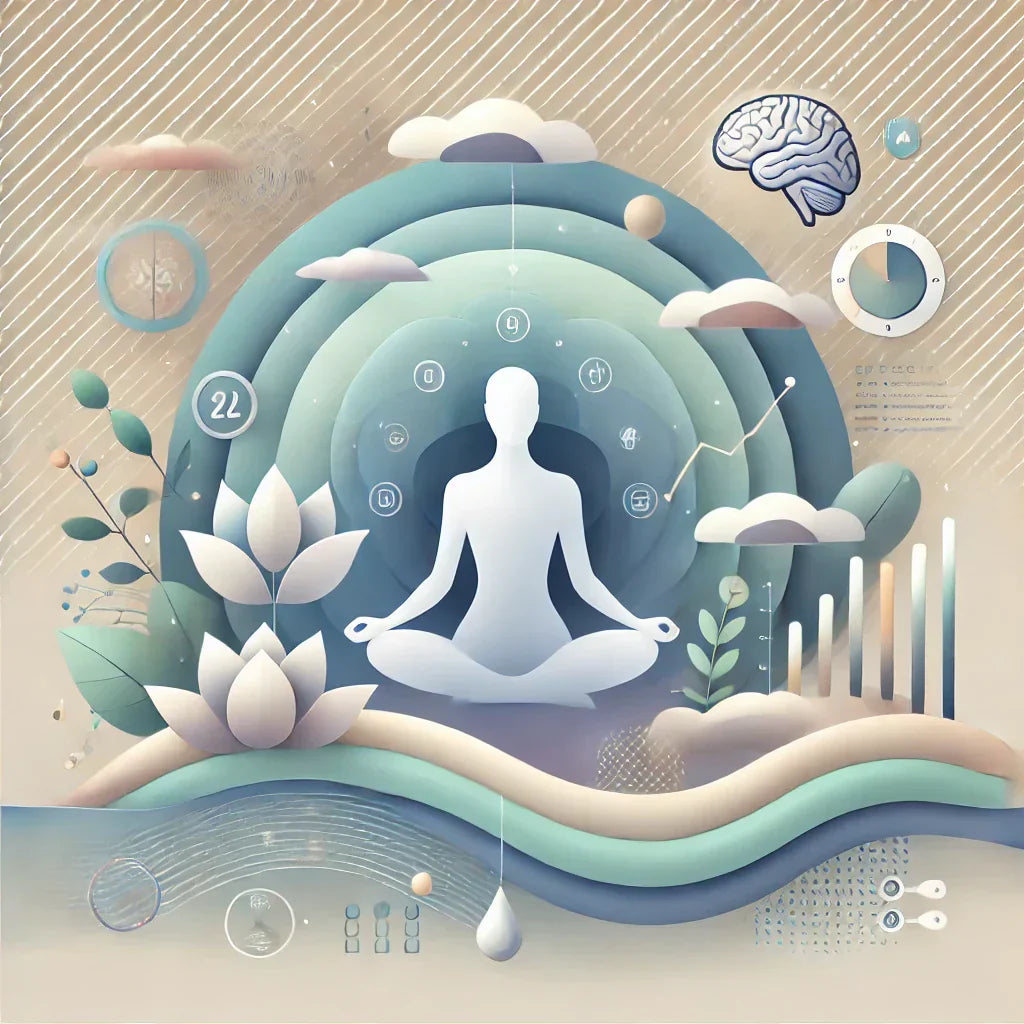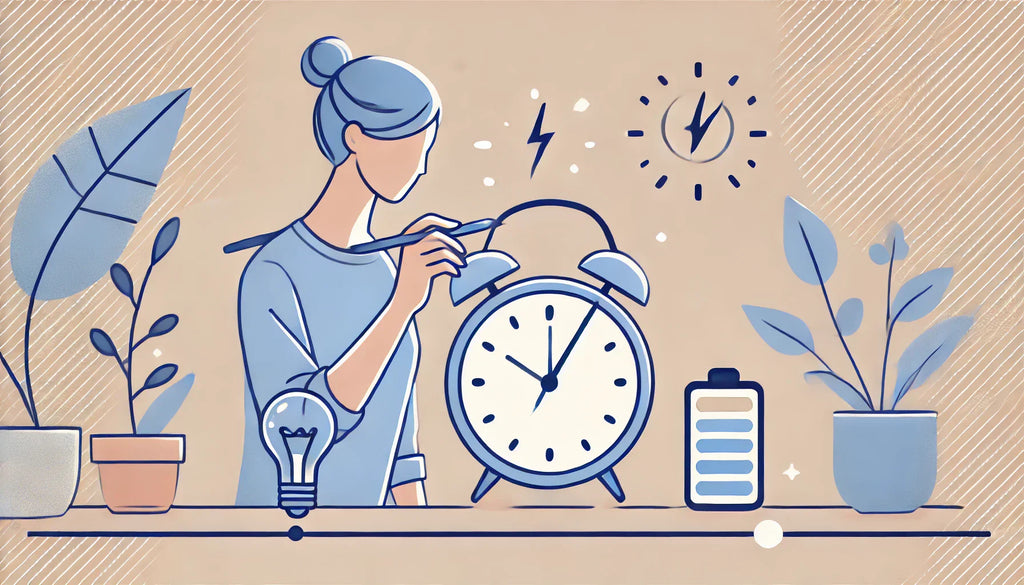News — mental health
Understanding OCD: Symptoms, Subtypes & Real-Life Coping Tools
cognitive behavioral therapy compulsive behavior ERP therapy harm OCD intrusive thoughts living with OCD longlifenutri mood support managing OCD mental health mental wellness mindfulness for OCD natural mood support obsessive thoughts OCD awareness OCD in children ocd supplements ocd treatments ocd vs perfectionism types of OCD
Obsessive-Compulsive Disorder (OCD) is often misunderstood as a quirk or an exaggerated desire for cleanliness and order. In reality, it’s a complex and deeply distressing mental health condition that goes far beyond neatly aligned pens or double-checking locks. OCD affects millions of people worldwide and manifests in countless ways—many of which are silent, invisible, and emotionally exhausting.
This guide goes beyond the stereotypes to uncover the true face of OCD. We’ll explore its roots, symptoms, different subtypes, diagnostic criteria, and the many challenges those living with OCD navigate daily. Whether you're seeking to understand your own experience or support someone you love, this article provides the knowledge and compassion needed to move beyond checklists and toward understanding.
The Benefits of Self-Care: Why It Matters for Your Health
better relationships emotional well-being healthy habits holistic health improve productivity mental health mindful living overall wellness personal growth physical health prevent burnout reduce stress self-care benefits self-care plan self-care routine self-care tips self-care types self-love stress management work-life balance
In today’s fast-paced world, prioritizing self-care often takes a backseat as we juggle work, family, and daily responsibilities. However, neglecting self-care can lead to burnout, chronic stress, and even physical illness. Taking time to care for yourself isn’t a luxury—it’s a necessity for maintaining balance and overall well-being.
Self-care encompasses practices that nurture your physical, mental, and emotional health. By dedicating intentional time for yourself, you boost your resilience, improve focus, and foster a deeper sense of happiness. Understanding the importance of self-care empowers you to build a healthier and more fulfilling life.
The Stress Antidote: Practical Strategies for Inner Peace
breathing techniques exercise holistic health inner peace mental health mindfulness positive thinking relaxation resilience self-care sleep stress antidote stress management stress reduction time management wellness
In today’s fast-paced world, stress has become an almost inevitable part of our daily lives. However, cultivating inner peace and learning effective stress management techniques can transform your overall well-being. This comprehensive guide offers research-backed insights and practical tips that empower you to reduce stress and nurture a calm, balanced life. By integrating mindfulness practices, healthy lifestyle habits, and personalized self-care strategies into your routine, you can gradually build resilience and enjoy greater mental clarity and emotional stability.
Whether you’re managing work pressures, personal challenges, or simply seeking a more serene existence, the tools and techniques outlined here will help you reclaim your inner calm and live a more fulfilling, stress-free life.
How to Set Boundaries for Your Time and Energy
assertiveness communication skills energy boundaries healthy habits life management mental health personal boundaries prioritization productivity self-care setting limits stress reduction time boundaries time management wellness work-life balance
Setting clear boundaries for your time and energy is essential for maintaining balance, reducing stress, and enhancing overall well-being. In this comprehensive guide, you'll learn practical strategies, backed by scientific insights, to help you protect your time and preserve your energy.
Whether you're a beginner or have been working on boundaries for years, our supportive tips will empower you to make lasting changes in your daily life.
Why Your Next Vacation is More Important Than You Think
adventure budget travel creativity family time mental health productivity boost relaxation research self-care stress relief travel travel planning vacation benefits vacation importance wellness travel work-life balance
In today's fast-paced world, taking time off for a vacation isn't just a luxury—it's a necessity for your overall health and well-being. In this comprehensive guide, we explore the many benefits of traveling, from boosting mental health and creativity to enhancing productivity and fostering meaningful connections with loved ones.
Whether you're a seasoned traveler or planning your first getaway, this article offers supportive advice, practical tips, and scientific insights to help you make the most of your vacation time.





